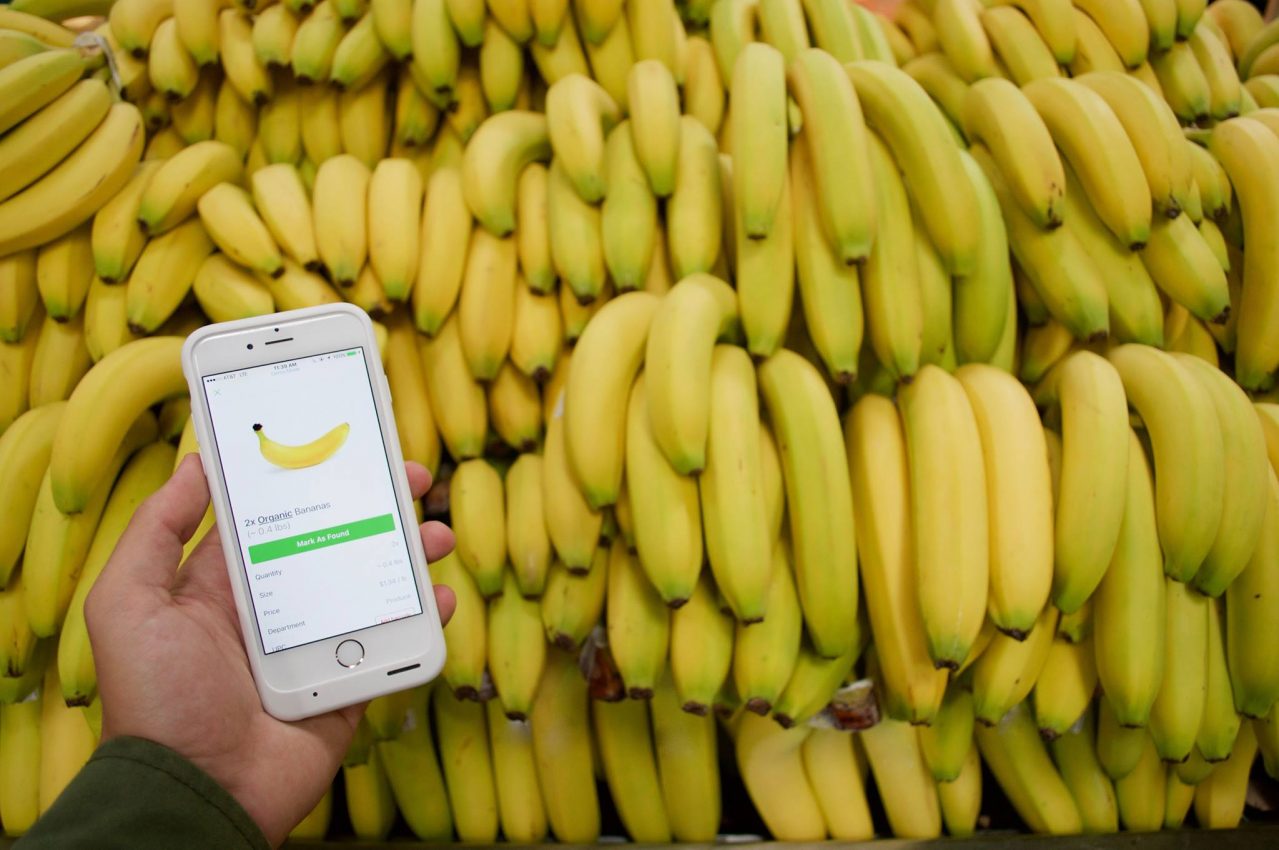
Instacart has filed a lawsuit against Cornershop, Uber's grocery delivery service, over allegedly stealing its catalog and using its intellectual property.
In the lawsuit, Instacart claims that Uber's Cornershop, a new grocery delivery service in the US, allegedly stole thousands of its copyrighted and licensed images, as well as product descriptions and pricing data.
Instacart said: "Today, Instacart filed a lawsuit against Cornershop after the company failed to comply with a cease and desist demanding it stop stealing our catalog and using our misappropriated intellectual property."
"The lawsuit makes clear that Cornershop is engaging in a systematic effort to illegally steal Instacart's proprietary catalog while attempting to conceal that theft for its own commercial benefit," the company added.
However, Uber argued that the lawsuit was an attempt by Instacart to stifle new competition.
Uber and Cornershop
In a statement, Uber spokesperson Noah Edwardsen said: "Instacart is facing a new challenge in the US from a Chilean upstart, and it's unfortunate that their first move is litigation instead of competition."
"Cornershop will be responding to this complaint but won't be deterred in bringing grocery delivery to more customers in the US," Uber added.
Uber announced in 2019 its plan to acquire Cornershop, a Latin American grocery delivery startup which has since started operations in Texas and Florida. The acquisition deal is currently pending regulatory approval in Mexico.
Uber pointed out in its recent earnings call that the acquisition is part of its opportunity to expand in the grocery category, along with its Eats platform.
Started out as a ride-hailing service, Uber has ventured into other categories, including meal deliveries. However, the coronavirus pandemic has affected its core ride business while pushing the demand for meal deliveries upward.
Instacart's business boom during the pandemic
Amidst the coronavirus pandemic, Instacart's business experienced a dramatic soar. Investments came pouring into the service, amounting to $325 million, boosting its valuation to almost $14 billion.
In late April, the company hired 300,000 workers due to a surge in demand and added 250,000 more over the next two months.
The additional employees were added as “full-service shoppers,” who are treated as independent contractors, in areas with the highest demand in order to “get back to same-day delivery.”
The high demand has resulted to some customers being unable to secure delivery slots in recent weeks. Prior to the surge, Instacart only had around 200,000 full-service shoppers.
In a blog post, the firm mentioned that it will reintroduce a wait list for applicants in areas where it has enough workers to keep up with the demand to ensure it is “thoughtfully balancing” how many workers it accepts.
The Lawsuit
The lawsuit, filed by Instacart in a federal district court in Texas, included side-by-side comparisons of some alleged stolen images, which the company estimates to have spent at least $17 million since 2015 on the creation and maintenance of its catalog.
The lawsuit stated: "By stealing and misusing Instacart's data, Cornershop has evaded the substantial investments required of legitimate competitors in this industry."
Furthermore, Instacart wrote a blog post saying: "While we welcome competition and innovation, what Cornershop is doing is illegal."






